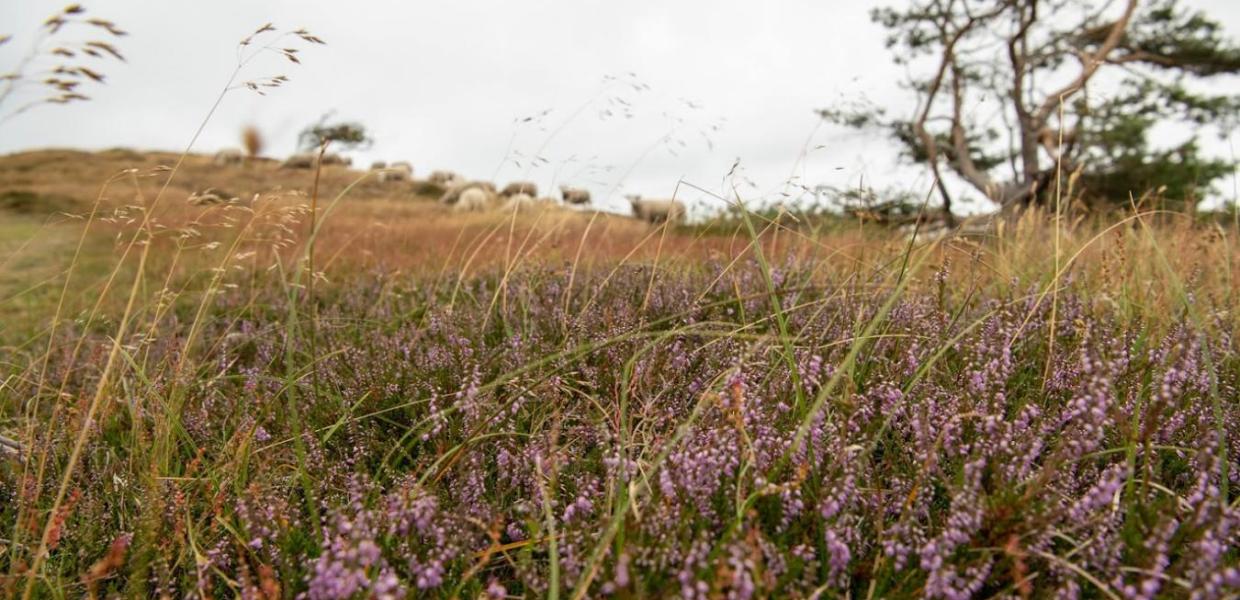
6 Tips to avoid ticks on your nature outing
You might be unlucky enough to get bitten by a tick during your walk in the woods. However, there are many good tips to avoid this so you can enjoy being out in nature.
When you enjoy a walk in the woods or spend time in nature, it is important to take some precautions to avoid tick bites. Ticks can, in rare cases, transmit diseases, but fortunately, there are some simple and effective tips you can follow to minimize the risk. Here are six practical tips to protect yourself against ticks, so you can make the most of your nature experiences without worries.
1. Wear light-coloured pants and socks
Ticks are small and hard to spot, but they are easier to see on light-coloured surfaces. By wearing light-coloured pants and socks, you make it easier for yourself to spot ticks before they reach your skin.
2. Perform regular body checks
It's important to perform regular body checks, especially after a walk in the woods. Check your entire body, including your scalp, behind your ears, and in the back of your knees. It's easier to remove the tick before it attaches firmly.
3. Remove the tick properly
If you find a tick on your body, it's important to remove it correctly. Use tweezers to grab the tick close to the skin and pull it gently straight out. Avoid squeezing the tick's body, as it can inject potential disease-carrying fluids into the wound.
4. Stay on the trails
Ticks thrive in tall grass and bushes. By sticking to the established trails, you reduce the risk of coming into contact with ticks. The trails are often cleared, making it less likely for ticks to linger in the vegetation.
5. Be aware of symptoms after a tick bite
After a tick bite, it's important to be aware of any symptoms of infection. Symptoms such as redness, swelling, rash (especially a red ring-shaped rash), fever, or flu-like symptoms should be taken seriously. Contact your doctor if you experience any of these signs.
6. Consider vaccination
If you often spend time in forests or natural areas, it might be a good idea to get vaccinated against TBE (Tick-Borne Encephalitis). This disease can be transmitted by ticks, and vaccination can provide extra protection.
By following these tips, you can minimize the risk of tick bites and safely enjoy your time in nature. Ticks should not prevent you from experiencing the many joys of outdoor life, but a little preparation can make a big difference.
